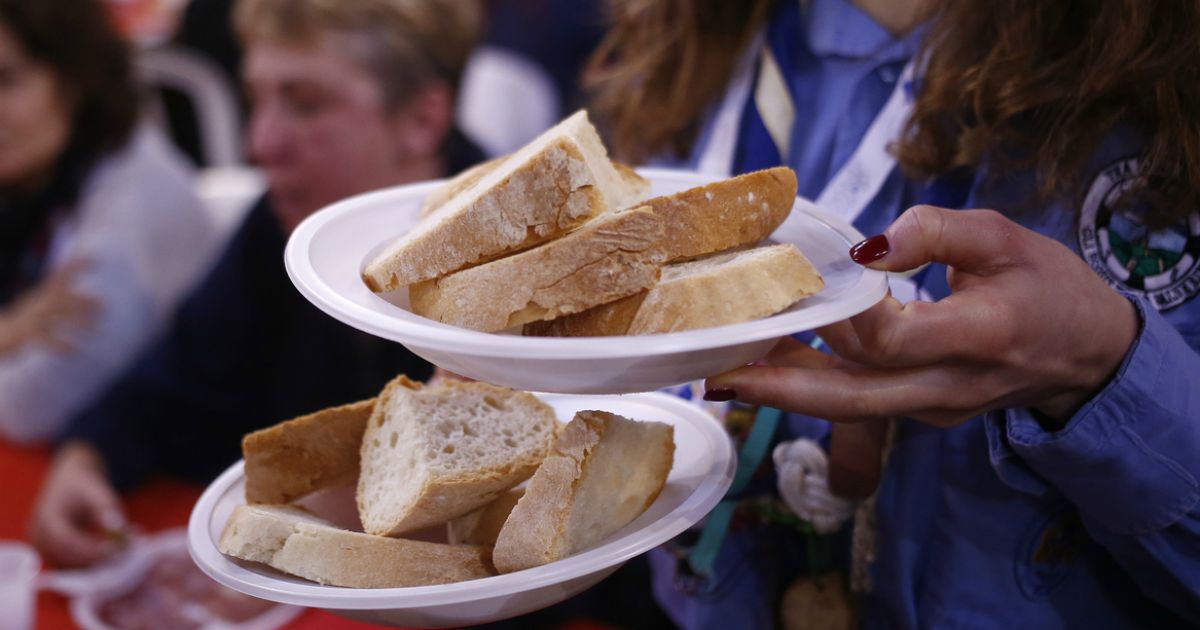In Italy a child out of five are overweight (20.4 percent) while one in ten is obese (9.4 percent). Fatter in Europe only peers of Cyprus, Greece and Spain. The survey, referring to 2019 data on a sample of 50 thousand minors between eight and nine years, it was performed by Okkio to your health, the surveillance system of the National Center for Disease Prevention and health promotion of the Higher Institute of Health (ISS), recently designated as the WHO reference center on childhood obesity.
While the differences between males and females are insignificant, geographic ones matter much more. Most of the children who they eat too much and move little in fact he lives in Southern regions (Campania, Calabria, Puglia, Sicily, Basilicata, Abruzzo, Molise). Compared to previous years nationwide however, the values have improved (in 2010 the prevalence of overweight was 23 per cent, that of obesity 11.2 per cent). But not enough. “We are no longer the country of the Mediterranean diet – he comments Angela Spinelli, director of the Center -. It is not just the fault of the families, the problem of childhood obesity depends on the market and on society in general. If there are no cycle paths, fewer children will use the bike to go to school. Sweets and candies placed in front of the supermarket counter tempt parents and children. The absence of a menu for the little ones in restaurants or the lack of attention to breastfeeding can also contribute to accumulating extra pounds ”.
The ISS survey detects a series of bad eating habits and lifestyles. Let’s start with breakfast: 35.6 percent of children have it unbalanced (too much carbohydrates or too much protein) and nearly nine percent skip it altogether. At school over half of the children consume an excessive snack, which in the long run makes you gain weight. “It would be enough to reduce the quantities, a small sandwich or a fruit”. 25.4 percent drink daily sugary or carbonated drinks and more or less the same percentage does not eat fruit and vegetables every day. The consumption of legumes, an indicator introduced for the first time (“it is a food that is not very consumed in Italy but can very well replace meat or fish” explains the expert), is still limited (38.4 per cent). Contrary to that of sweet and savory snacks (another new indicator): the former are chosen by over 48 per cent of children more than three days a week, the seconds from 9.4. A sedentary lifestyle weighs heavily. 43.5 percent of school-age children have the tv in your room and 44.5 for more than two hours a day watch it or use video games, tablets or mobile phones. It is also concerned that a very high percentage (73.6) do not engage in physical activity (walking or cycling) to go to school. Healthier children certainly need more aware parents. 40.3 percent of overweight or obese children, according to the ISS survey, are perceived by mothers as normal weight or even underweight. Always mothers (70 per cent) think that the amount of food eaten by their child is not excessive. While almost 60 percent of those with children who do little sport are convinced that the physical activity carried out is adequate. “Food education in the classroom would certainly help raise healthier children and more savvy parents in the future. But – Spinelli repeats – the responsibility for the well-being of the little ones falls on the whole of society ”. Another bad habit is sleep less than nine hours a night (applies to 14.4 per cent of children). “In fact, it has been seen that reduced sleep is associated with the onset of obesity,” says Spinelli.
The period of lockdown and distance learning caused by the pandemic could have a negative impact on the diet and motor activity of children. “But it could also be a time of opportunity for revise your lifestyle, dedicating more time to cooking healthier dishes together, eating less rushed, at regular times, and possibly early in the evening to aid digestion. If the gym is closed, you can exercise indoors. The ISS has produced some proposals for physical activity at home available to everyone on the online site ”concludes Spinelli.
–


